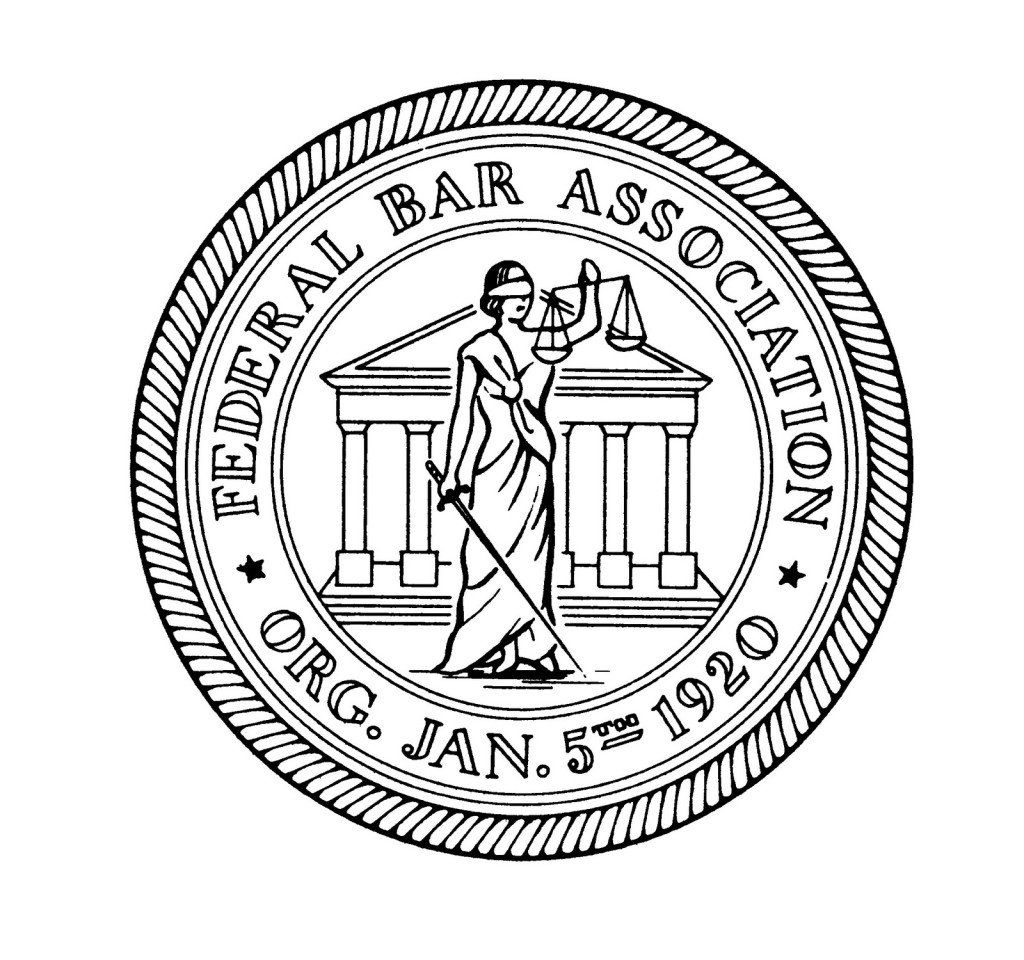CLIENT LOGIN
×Attorney
Rich Johnston’s path to the law was like most other aspects of his life: unconventional. At University of California, Santa Barbara, after concentrating during his undergraduate years on becoming a high-school basketball coach, he sat for the Law School Admissions Test on a dare from a law-school-bound roommate. The results, placing Johnston in the top one percent nationwide, indicated law school was a viable option.
After completing law school, where he served as Article Editor for the Hastings Law Journal, Johnston took a job with a San Francisco firm
and started defending insurance companies when their insureds sued them. In 1987, just a year after law school graduation, the Supreme Court issued Pilot Life v. Dedeaux, which opened up a new, and decidedly claimant-unfriendly, era in insurance litigation. “After that, if the insurance in a given case was provided by the claimant’s employer, all of a sudden we had a ready-made escape hatch for our insurance company clients, thanks to Pilot Life and ERISA, the Employee Retirement Income Security Act,” says Johnston. “As a freshly-minted lawyer, it became my job to take this gift from the Supreme Court and prepare legal arguments that would make the most of it for the insurance company’s benefit.”
In this Johnston was successful—which he came to regret. “We were getting solid cases thrown out of court on this basis, which had nothing to do with how well or how badly the insurance company had treated the claimant,” he recalls. “As a competitive lawyer it felt good, at first, to win, but over the years something started to weigh on me.”
That something was the injustice and unfairness ERISA imposes on beneficiaries. “After while it became unsatisfying to win cases based on this end run around the merits,” says Johnston. “A lot of lawyers would get quite upset with me for saying that, but eventually I wasn’t able to reconcile the fact that real people, many with very legitimate claims, were having their lives destroyed because of this one unjust law. And for a time I had played a not-insignificant role in using that unjust law against them.”
So, in 1999, Johnston opened up his own law office, and dedicated himself to representing the sorts of people he had previously been working against. Now in its 24th year, Johnston Law Office represents claimants against insurance companies, in both ERISA and non-ERISA cases. “I suppose there’s an element of guilt or a desire for redemption involved,” he says, “since I am now very firmly committed to helping the folks I used to oppose. And since I worked on the ‘dark side’ for a time I know most of their tricks.” The office, geographically based in Santa Rosa in California’s Wine Country, has a nationwide reach, with clients from coast to coast.
Although Johnston has the experience and expertise to handle just about any case involving life, health, disability, and other types of insurance, representing disabled professionals and executives is an important focus. “Folks who make their living with their brains, which fairly describes the majority of people these days,” he says, “face unique hurdles on a disability claim. Insurers tend to be quite suspicious and resistant to claims of that nature, for no good reason other than that they might represent a higher claim expense. And quite often the disability is one that is not immediately obvious to an onlooker, such as injuries and illnesses with a cognitive or emotional impact. Plus, folks with a background of significant achievement in their professional lives often have a very hard time even facing the reality they are disabled, and along comes the insurance company to pile on. That gets me interested in a hurry.”
Because of his experience with ERISA’s unfairness, Johnston likes to push the envelope legally. “I will always look to see if a case presents an opportunity to argue in good faith for a change in the law—and this law needs a lot of changing,” he says. “So long as it will not cause any harm to our client’s case, we’ll often argue that what many people take to be established law is really misguided and in need of some tweaking. When that works, the client knows that their case has helped others too, and when it doesn’t, we still serve our client’s interest well and live to fight another day.”
Johnston authors the influential Problem is ERISA blog, and has appeared on talk shows as an expert on ERISA and its impact on the insurance claim and litigation process.
Johnston also handles employment cases, including such things as wrongful termination and discrimination issues.
He lives in Windsor, California, with his many pets. And he has continued to coach basketball over the years as a volunteer. With basketball as with the law, once a passion takes hold it sticks around.
His college roommate never went to law school.
Free case evaluation
We will get back to you as soon as possible.
Please try again later.
© 2021 Johnston Law Office. All Rights Reserved.






